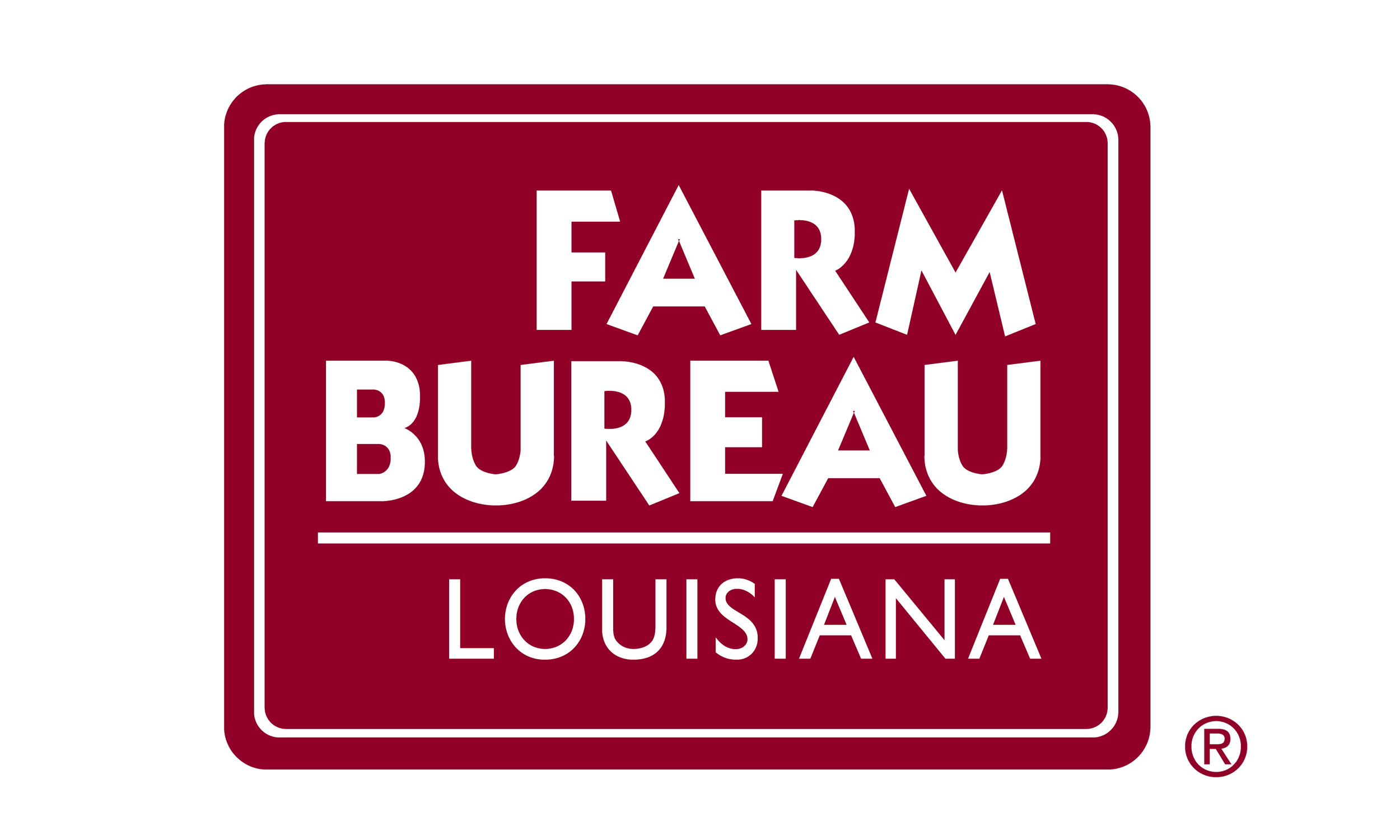Workers’ Comp Court Ruling Affects Farmers
By Sam Irwin, American Sugarcane League
NEW ORLEANS—A labor attorney told farmers attending the 97th Annual Convention of the Louisiana Farm Bureau Federation that following a March 2019 ruing by the Fifth Circuit Court of Appeals they are much more vulnerable to lawsuits than they were just a few months ago.
Brandon Davis, a labor and employment partner of the Phelps Dunbar law firm, said the recent judgement handed down by the court against a Louisiana sugarcane farm awarded $2.5 million to H-2A workers who were injured in an accident. At issue was whether the injured workers were covered by the farmer’s workers’ compensation policy and/or the labor contractor.
Davis said the farmer assumed his workers’ compensation policy would protect him, but the court ruled the injured workers were covered solely by the labor contractor’s policy. The workers sued in federal court and were awarded the judgement.
Davis said the court ruled the way it did because the contract between the farmer and the labor contractor was not clear on the workers’ compensation responsibilities.
“The reason the case went south was because the court found the contract between the farmer and his labor contractor did not specify who would cover workers’ comp,” Davis said. “It’s a signal to plaintiff lawyers to sue farmers who use farm labor contractors in federal court.”
Davis said the ruling is only three months old and attorneys who work with farmers are studying methods to extend protection that would cover farmers who use farm labor contractors.
“The remedy for the future is for farmers to write much clearer contracts with their farm labor contractors in regards to workers’ compensation,” Davis said.
Davis said the trend from the courts is to expose the farmer to more liability if their farm labor contractors make a simple mistake.
“If a farm labor contractor makes a mistake and doesn’t meet the rules, it could mean employers who use farm labor contractors to recruit H-2A workers can be liable as a joint employer for non-workplace matters, such as claims for housing, meals and transportation even if such matters are contractually delegated to a labor contractor,” Davis said.
Davis said he was also concerned about a ruling that denied farm labor contractors from using H-2A workers as truck drivers to deliver farm products. Davis said this ruling could have serious ramifications for the sugarcane industry which employs contracted H-2A truck drivers to deliver cane from the field to the mill.
“The talk is to find a legal solution to associate the truck drivers under the association policy of farmers and make everyone, including farm labor contractors, a joint employer,” Davis said.
Davis made his comments at the June 21 labor and environmental conference at the Louisiana Farm Bureau convention. Louisiana Commissioner of Agriculture and Forestry Dr. Mike Strain and Don Parrish, senior director of regulatory affairs for the American Farm Bureau Federation, also addressed the conference.
Strain told the conference that some progress had been made regarding the United States guest worker program.
“We’ve succeeded in raising the cap (on H-2B workers),” Strain said. “We have a very low unemployment rate and we need workers who will come here and work and then go home, legally. Our economy is growing and if we don’t have enough people to do the work, it’s going to stifle.”
On the environmental front, Parrish told conferees that the Trump administration is very likely to roll back some of the Waters of the United States rules proposed by the Obama administration
“This administration is listening to agriculture in writing a regulation that is going to be protective of water quality, but not be so over broad that it regulates features in the middle of a farm field that may only hold water when it rains,” Parrish said. “This administration is going to try to address an extremely broad interpretation of the Clean Water Act and they’re going to try to use some common sense in ways the farmers can understand.”
For more information, visit www.lfbfconvention.org.
Founded in 1922, the Louisiana Farm Bureau Federation is the state’s largest general farm organization representing more than 137,000 member families.

